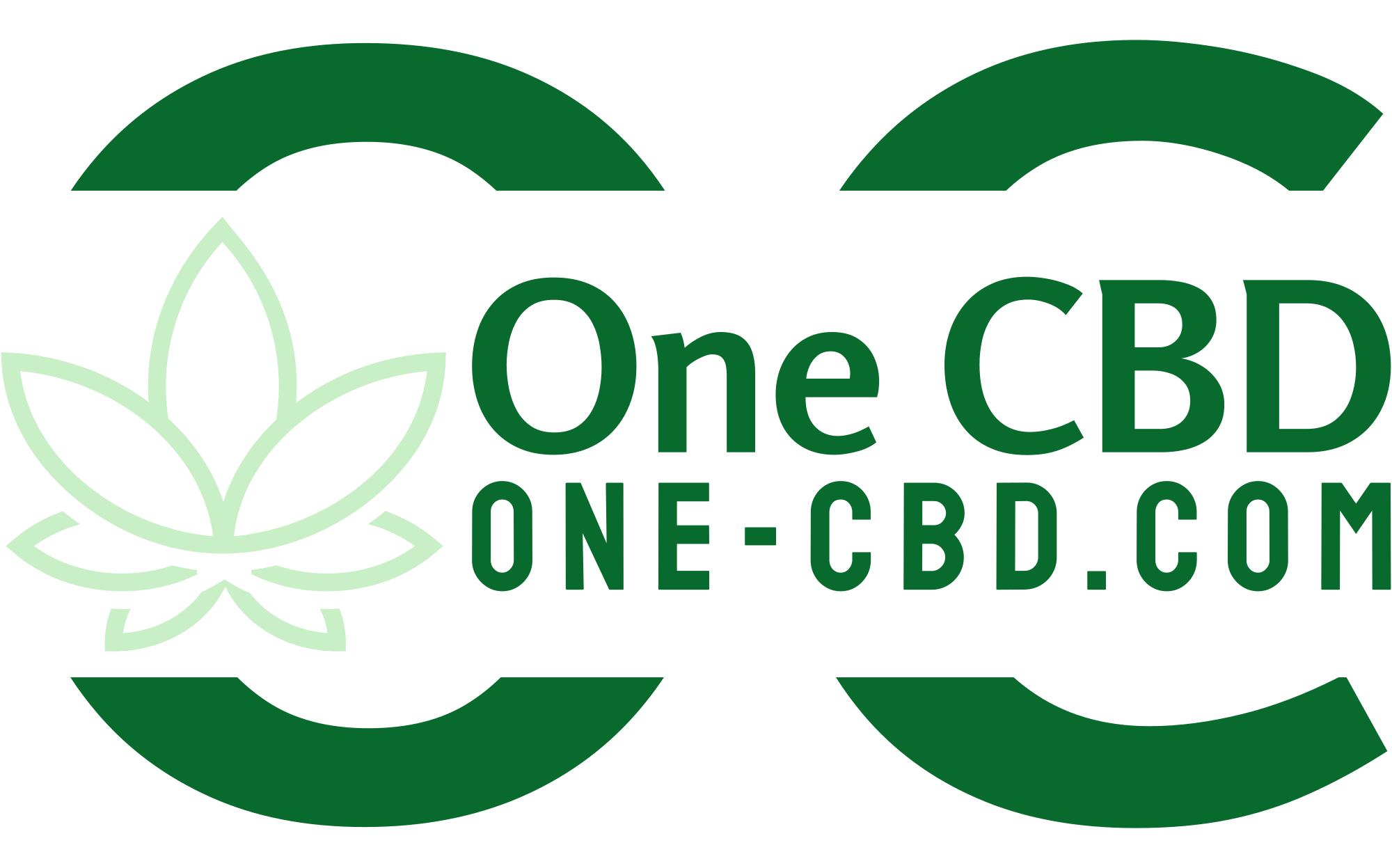The ketogenic diet, or keto diet, is a low-carbohydrate, high-fat diet that has gained popularity for its potential weight loss and health benefits. However, like any dietary change, transitioning into a ketogenic state can come with some temporary side effects. One common side effect experienced by some individuals is the “keto headache.” In this comprehensive guide, we will explore the causes of keto headaches, the symptoms associated with them, and effective strategies for prevention and relief.
Understanding the Keto Headache:
A keto headache is characterized by a mild to moderate headache that is often accompanied by other symptoms such as fatigue, brain fog, irritability, and nausea. These headaches typically occur within the first few days to weeks of starting the ketogenic diet and may last for a few days or even up to a week.
Causes of Keto Headaches:
There are several factors that can contribute to the development of keto headaches:
- Carbohydrate Withdrawal: When transitioning to a keto diet, the body undergoes significant changes, including a reduction in carbohydrate intake. This sudden decrease in carbohydrates can lead to withdrawal symptoms, including headaches.
- Electrolyte Imbalance: The keto diet often leads to increased excretion of water and electrolytes due to the diuretic effect of ketosis. This can result in an electrolyte imbalance, specifically a decrease in sodium, potassium, and magnesium levels, which can trigger headaches.
- Dehydration: The reduction in carbohydrate intake can lead to a decrease in glycogen stores, which are stored with water. As glycogen is depleted, water is excreted, increasing the risk of dehydration. Dehydration can contribute to headaches.
- Increased Stress Hormones: Initially, the body may experience a slight stress response as it adapts to the changes in fuel sources. This stress response can trigger the release of stress hormones, such as cortisol, which can contribute to headaches.
- Insufficient Fat Intake: The keto diet requires a significant increase in dietary fat consumption. Inadequate fat intake can lead to inadequate calorie consumption, which can result in low blood sugar levels and subsequently trigger headaches.
Prevention and Relief Strategies:
Fortunately, there are several effective strategies to prevent and alleviate keto headaches:
- Gradual Transition: Instead of making an abrupt switch to the keto diet, consider gradually reducing carbohydrate intake over a period of several days or weeks. This gradual transition can help minimize the intensity and duration of keto headaches.
- Ensure Sufficient Hydration: Drink plenty of water throughout the day to prevent dehydration. It is especially important to stay hydrated during the initial stages of the keto diet when water loss is more significant.
- Electrolyte Supplementation: Consider supplementing with electrolytes, particularly sodium, potassium, and magnesium, to replenish any deficiencies. This can help maintain proper electrolyte balance and reduce the risk of headaches.
- Increase Fat Consumption: Ensure that you are consuming an adequate amount of dietary fat to meet your energy needs. This will help maintain stable blood sugar levels and prevent low blood sugar-induced headaches.
- Manage Stress Levels: Engage in stress-reducing activities such as meditation, deep breathing exercises, yoga, or other relaxation techniques. These practices can help regulate stress hormone levels and minimize the likelihood of headaches.
- Monitor Macronutrient Ratios: Pay attention to your macronutrient ratios and ensure they align with the guidelines of the keto diet. Aim for a high-fat, moderate-protein, and low-carbohydrate intake to maintain a state of ketosis without compromising nutrient balance.
- Consult a Healthcare Professional: If your keto headaches persist or worsen despite implementing preventive measures, it is advisable to consult a healthcare professional. They can assess your specific situation, provide personalized recommendations, and rule out any underlying medical conditions.
- In conclusion, while the keto diet can offer numerous benefits, some individuals may experience keto headaches as a temporary side effect during the initial adaptation phase. Understanding the causes of these headaches and implementing appropriate prevention and relief strategies can help minimize their impact and make the transition into ketosis smoother. Remember to listen to your body, stay well-hydrated, prioritize electrolyte balance, and consult a healthcare professional if needed. With the right approach, you can navigate the keto diet and minimize the occurrence of keto headaches.
- Comprehensive Review of Top CBD Tinctures for Overall Well-Being By Empe-USA - July 2, 2024
- What Is Delta-9? - June 11, 2024
- Delta-9 Gummies By Empe-USA-Exploring the Top Delta-9 Gummies A Comprehensive Review - March 9, 2024

